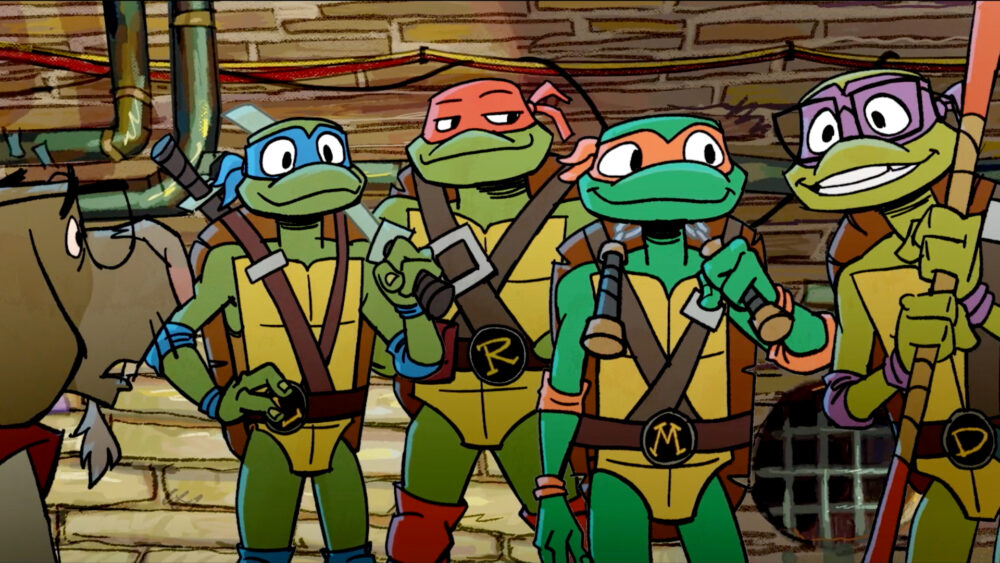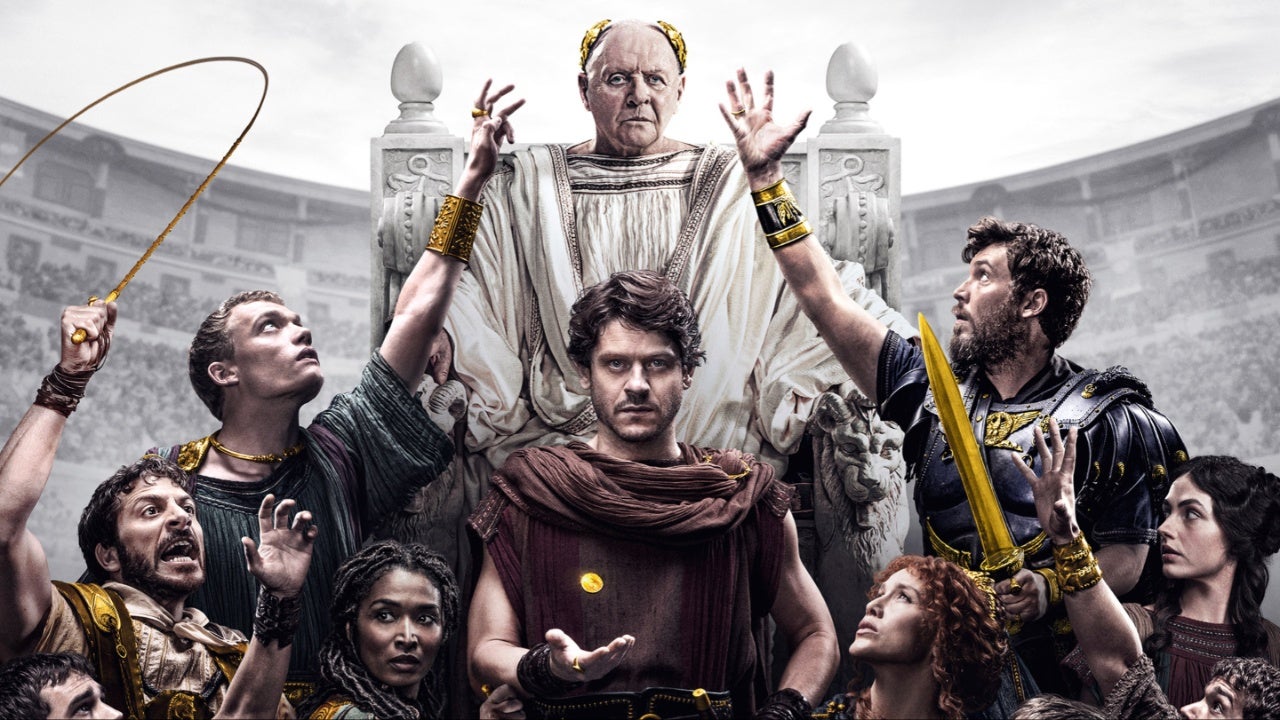The 90th Oscars®, hosted by Jimmy Kimmel, will be held on Sunday, March 4, 2018, at the Dolby Theatre® at Hollywood & Highland Center® in Hollywood, and will be televised live on the ABC Television Network at 6:30 p.m. ET/3:30 p.m. PT. The Oscars also will be televised live in more than 225 countries and territories worldwide.
Performance by an actor in a leading role
- Timothée Chalamet in “Call Me by Your Name”
- Daniel Day-Lewis in “Phantom Thread”
- Daniel Kaluuya in “Get Out”
- Gary Oldman in “Darkest Hour”
- Denzel Washington in “Roman J. Israel, Esq.”
Performance by an actor in a supporting role
- Willem Dafoe in “The Florida Project”
- Woody Harrelson in “Three Billboards outside Ebbing, Missouri”
- Richard Jenkins in “The Shape of Water”
- Christopher Plummer in “All the Money in the World”
- Sam Rockwell in “Three Billboards outside Ebbing, Missouri”
Performance by an actress in a leading role
- Sally Hawkins in “The Shape of Water”
- Frances McDormand in “Three Billboards outside Ebbing, Missouri”
- Margot Robbie in “I, Tonya”
- Saoirse Ronan in “Lady Bird”
- Meryl Streep in “The Post”
Performance by an actress in a supporting role
- Mary J. Blige in “Mudbound”
- Allison Janney in “I, Tonya”
- Lesley Manville in “Phantom Thread”
- Laurie Metcalf in “Lady Bird”
- Octavia Spencer in “The Shape of Water”
Best animated feature film of the year
- “The Boss Baby” Tom McGrath and Ramsey Naito
- “The Breadwinner” Nora Twomey and Anthony Leo
- “Coco” Lee Unkrich and Darla K. Anderson
- “Ferdinand” Carlos Saldanha
- “Loving Vincent” Dorota Kobiela, Hugh Welchman and Ivan Mactaggart
Achievement in cinematography
- “Blade Runner 2049” Roger A. Deakins
- “Darkest Hour” Bruno Delbonnel
- “Dunkirk” Hoyte van Hoytema
- “Mudbound” Rachel Morrison
- “The Shape of Water” Dan Laustsen
Achievement in costume design
- “Beauty and the Beast” Jacqueline Durran
- “Darkest Hour” Jacqueline Durran
- “Phantom Thread” Mark Bridges
- “The Shape of Water” Luis Sequeira
- “Victoria & Abdul” Consolata Boyle
Achievement in directing
- “Dunkirk” Christopher Nolan
- “Get Out” Jordan Peele
- “Lady Bird” Greta Gerwig
- “Phantom Thread” Paul Thomas Anderson
- “The Shape of Water” Guillermo del Toro
Best documentary feature
- “Abacus: Small Enough to Jail” Steve James, Mark Mitten and Julie Goldman
- “Faces Places” Agnès Varda, JR and Rosalie Varda
- “Icarus” Bryan Fogel and Dan Cogan
- “Last Men in Aleppo” Feras Fayyad, Kareem Abeed and Søren Steen Jespersen
- “Strong Island” Yance Ford and Joslyn Barnes
Best documentary short subject
- “Edith+Eddie” Laura Checkoway and Thomas Lee Wright
- “Heaven Is a Traffic Jam on the 405” Frank Stiefel
- “Heroin(e)” Elaine McMillion Sheldon and Kerrin Sheldon
- “Knife Skills” Thomas Lennon
- “Traffic Stop” Kate Davis and David Heilbroner
Achievement in film editing
- “Baby Driver” Paul Machliss and Jonathan Amos
- “Dunkirk” Lee Smith
- “I, Tonya” Tatiana S. Riegel
- “The Shape of Water” Sidney Wolinsky
- “Three Billboards outside Ebbing, Missouri” Jon Gregory
Best foreign language film of the year
- “A Fantastic Woman” Chile
- “The Insult” Lebanon
- “Loveless” Russia
- “On Body and Soul” Hungary
- “The Square” Sweden
Achievement in makeup and hairstyling
- “Darkest Hour” Kazuhiro Tsuji, David Malinowski and Lucy Sibbick
- “Victoria & Abdul” Daniel Phillips and Lou Sheppard
- “Wonder” Arjen Tuiten
Achievement in music written for motion pictures (Original score)
- “Dunkirk” Hans Zimmer
- “Phantom Thread” Jonny Greenwood
- “The Shape of Water” Alexandre Desplat
- “Star Wars: The Last Jedi” John Williams
- “Three Billboards outside Ebbing, Missouri” Carter Burwell
Achievement in music written for motion pictures (Original song)
- “Mighty River” from “Mudbound”
- Music and Lyric by Mary J. Blige, Raphael Saadiq and Taura Stinson
- “Mystery Of Love” from “Call Me by Your Name”
- Music and Lyric by Sufjan Stevens
- “Remember Me” from “Coco”
- Music and Lyric by Kristen Anderson-Lopez and Robert Lopez
- “Stand Up For Something” from “Marshall”
- Music by Diane Warren; Lyric by Lonnie R. Lynn and Diane Warren
- “This Is Me” from “The Greatest Showman”
- Music and Lyric by Benj Pasek and Justin Paul
Best motion picture of the year
- “Call Me by Your Name” Peter Spears, Luca Guadagnino, Emilie Georges and Marco Morabito, Producers
- “Darkest Hour” Tim Bevan, Eric Fellner, Lisa Bruce, Anthony McCarten and Douglas Urbanski, Producers
- “Dunkirk” Emma Thomas and Christopher Nolan, Producers
- “Get Out” Sean McKittrick, Jason Blum, Edward H. Hamm Jr. and Jordan Peele, Producers
- “Lady Bird” Scott Rudin, Eli Bush and Evelyn O’Neill, Producers
- “Phantom Thread” JoAnne Sellar, Paul Thomas Anderson, Megan Ellison and Daniel Lupi, Producers
- “The Post” Amy Pascal, Steven Spielberg and Kristie Macosko Krieger, Producers
- “The Shape of Water” Guillermo del Toro and J. Miles Dale, Producers
- “Three Billboards outside Ebbing, Missouri” Graham Broadbent, Pete Czernin and Martin McDonagh, Producers
Achievement in production design
- “Beauty and the Beast” Production Design: Sarah Greenwood; Set Decoration: Katie Spencer
- “Blade Runner 2049” Production Design: Dennis Gassner; Set Decoration: Alessandra Querzola
- “Darkest Hour” Production Design: Sarah Greenwood; Set Decoration: Katie Spencer
- “Dunkirk” Production Design: Nathan Crowley; Set Decoration: Gary Fettis
- “The Shape of Water” Production Design: Paul Denham Austerberry; Set Decoration: Shane Vieau and Jeff Melvin
Best animated short film
- “Dear Basketball” Glen Keane and Kobe Bryant
- “Garden Party” Victor Caire and Gabriel Grapperon
- “Lou” Dave Mullins and Dana Murray
- “Negative Space” Max Porter and Ru Kuwahata
- “Revolting Rhymes” Jakob Schuh and Jan Lachauer
Best live action short film
- “DeKalb Elementary” Reed Van Dyk
- “The Eleven O’Clock” Derin Seale and Josh Lawson
- “My Nephew Emmett” Kevin Wilson, Jr.
- “The Silent Child” Chris Overton and Rachel Shenton
- “Watu Wote/All of Us” Katja Benrath and Tobias Rosen
Achievement in sound editing
- “Baby Driver” Julian Slater
- “Blade Runner 2049” Mark Mangini and Theo Green
- “Dunkirk” Richard King and Alex Gibson
- “The Shape of Water” Nathan Robitaille and Nelson Ferreira
- “Star Wars: The Last Jedi” Matthew Wood and Ren Klyce
Achievement in sound mixing
- “Baby Driver” Julian Slater, Tim Cavagin and Mary H. Ellis
- “Blade Runner 2049” Ron Bartlett, Doug Hemphill and Mac Ruth
- “Dunkirk” Mark Weingarten, Gregg Landaker and Gary A. Rizzo
- “The Shape of Water” Christian Cooke, Brad Zoern and Glen Gauthier
- “Star Wars: The Last Jedi” David Parker, Michael Semanick, Ren Klyce and Stuart Wilson
Achievement in visual effects
- “Blade Runner 2049” John Nelson, Gerd Nefzer, Paul Lambert and Richard R. Hoover
- “Guardians of the Galaxy Vol. 2” Christopher Townsend, Guy Williams, Jonathan Fawkner and Dan Sudick
- “Kong: Skull Island” Stephen Rosenbaum, Jeff White, Scott Benza and Mike Meinardus
- “Star Wars: The Last Jedi” Ben Morris, Mike Mulholland, Neal Scanlan and Chris Corbould
- “War for the Planet of the Apes” Joe Letteri, Daniel Barrett, Dan Lemmon and Joel Whist
Adapted screenplay
- “Call Me by Your Name” Screenplay by James Ivory
- “The Disaster Artist” Screenplay by Scott Neustadter & Michael H. Weber
- “Logan” Screenplay by Scott Frank & James Mangold and Michael Green; Story by James Mangold
- “Molly’s Game” Written for the screen by Aaron Sorkin
- “Mudbound” Screenplay by Virgil Williams and Dee Rees
Original screenplay
- “The Big Sick” Written by Emily V. Gordon & Kumail Nanjiani
- “Get Out” Written by Jordan Peele
- “Lady Bird” Written by Greta Gerwig
- “The Shape of Water” Screenplay by Guillermo del Toro & Vanessa Taylor; Story by Guillermo del Toro
“Three Billboards outside Ebbing, Missouri” Written by Martin McDonagh

Events
Paramount+ Reveals Official Main Title Sequence for the Upcoming Series TALES OF THE TEENAGE MUTANT NINJA TURTLES

During the TALES OF THE TEENAGE MUTANT NINJA TURTLES panel earlier today at San Diego Comic Con, Paramount+ revealed the official main title sequence for the series. The sequence is composed by EMMY® nominee, Matt Mahaffey, known for his work on Sanjay and Craig, Rise of the Teenage Mutant Ninja Turtles, and Rise of the Teenage Mutant Ninja Turtles: The Movie and much more.
From the studios of the Mutant Mayhem film, the all-new Paramount+ original series TALES OF THE TEENAGE MUTANT NINJA TURTLES explores the adventures of everyone’s favorite pizza-loving heroes as they emerge from the sewers onto the streets of NYC. Leo, Raph, Donnie and Mikey are faced with new threats and team up with old allies to survive both teenage life and villains lurking in the shadows of the Big Apple. The series is produced by Nickelodeon Animation and Point Grey Pictures.
TALES OF THE TEENAGE MUTANT NINJA TURTLES is executive produced by Chris Yost (The Mandalorian, Thor: Ragnarok) and Alan Wan (Blue Eye Samurai, Rise of the Teenage Mutant Ninja Turtles, Teenage Mutant Ninja Turtles [2012 Series]). Production is overseen for Nickelodeon by Claudia Spinelli, Senior Vice President, TV Series Animation, Nickelodeon, and Nikki Price, Director of Development and Executive in Charge of Production.
In addition to the upcoming new series, stream all things Turtles on Paramount+.
Events
Comic-Con 2024: Those About to Die Activation
Events
DISNEY+ CASTS DANIEL DIEMER AS FAN-FAVORITE ‘TYSON’IN SEASON TWO OF “PERCY JACKSON AND THE OLYMPIANS”

in Hall H at San Diego Comic-Con, Rick Riordan and Disney+ revealed that Daniel Diemer (“Under the Bridge”) will star as fan-favorite cyclops “Tyson” in the epic adventure series “Percy Jackson and the Olympians.” Diemer joins Walker Scobell (Percy Jackson), Leah Sava Jeffries (Annabeth Chase) and Aryan Simhadri (Grover Underwood) as a series regular. The Disney+ Original series from Disney Branded Television and 20th Television will start filming its second season next week in Vancouver.
Season two of “Percy Jackson and the Olympians” is based on the second installment of Disney Hyperion’s best-selling book series titled “The Sea of Monsters” by award-winning author Rick Riordan. In the new season, Percy Jackson returns to Camp Half-Blood one year later to find his world turned upside down. His friendship with Annabeth is changing, he learns he has a cyclops for a brother, Grover has gone missing, and camp is under siege from the forces of Kronos. Percy’s journey to set things right will take him off the map and into the deadly Sea of Monsters, where a secret fate awaits the son of Poseidon.
Diemer stars as Tyson – a young Cyclops who grew up all alone on the streets, and finds it difficult to survive in the human world. Shy and awkward, with a heart almost as big as he is, Tyson soon discovers that Poseidon is his father, which means Percy Jackson is his half-brother… and that Tyson may have finally found a home.
Diemer recently starred in the Hulu limited series “Under the Bridge” based off the critically acclaimed book of the same name and a tragic true story of a missing teen girl in Vancouver in 1997. He will next star in the indie “Thug” opposite Liam Neeson and Ron Perlman for director Hans Petter Moland. Daniel was recently seen as the lead in the indie “Supercell” opposite Alec Baldwin and Skeet Ulrich and the lead in the film “Little Brother” opposite Phil Ettinger and JK Simmons. Daniel can also be seen in the Netflix series “The Midnight Club” and recently starred as the male lead in the breakout hit Netflix feature “The Half Of It” from producer Anthony Bregman and director Alice Wu. He is a graduate of Victoria Academy of Dramatic Arts in Vancouver.
Created by Rick Riordan and Jonathan E. Steinberg, season two of “Percy Jackson and the Olympians” is executive produced by Steinberg and Dan Shotz alongside Rick Riordan, Rebecca Riordan, Craig Silverstein, The Gotham Group’s Ellen Goldsmith-Vein, Bert Salke, The Gotham Group’s Jeremy Bell and D.J. Goldberg, James Bobin, Jim Rowe, Albert Kim, Jason Ensler and Sarah Watson.
The first season of “Percy Jackson and the Olympians” is available on Disney+
-

 Interviews1 day ago
Interviews1 day agoInterview With Heroes & Villains Creative Director Doug Johnson
-

 Streaming1 day ago
Streaming1 day agoApple TV+ announces season two for delightful kids and family series “Camp Snoopy
-

 Events1 day ago
Events1 day agoThat’s My E Coverage Of The Adult Swim’s Pirate Parrrty
-

 Events13 hours ago
Events13 hours agoParamount+ Reveals Official Main Title Sequence for the Upcoming Series TALES OF THE TEENAGE MUTANT NINJA TURTLES
-

 Events16 hours ago
Events16 hours agoDISNEY+ CASTS DANIEL DIEMER AS FAN-FAVORITE ‘TYSON’IN SEASON TWO OF “PERCY JACKSON AND THE OLYMPIANS”
-

 Interviews17 hours ago
Interviews17 hours agoComic-Con 2024: Will Wight’s Cradle
-

 Events16 hours ago
Events16 hours agoComic-Con 2024: Those About to Die Activation


